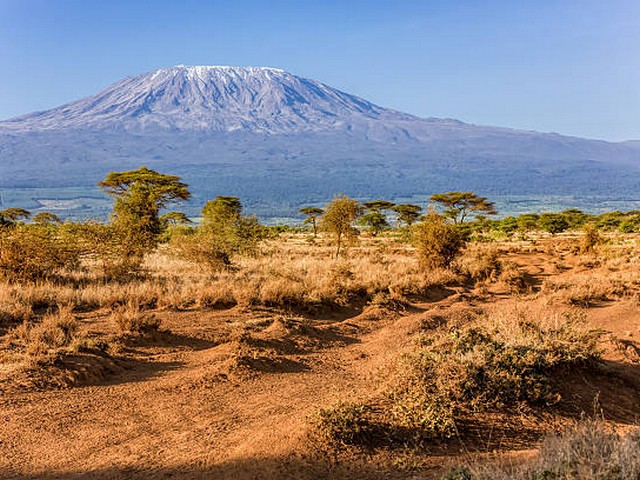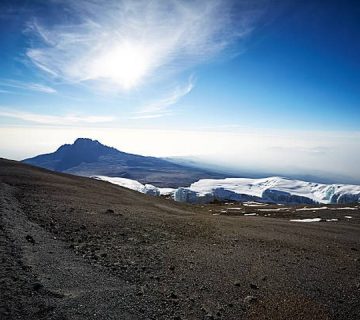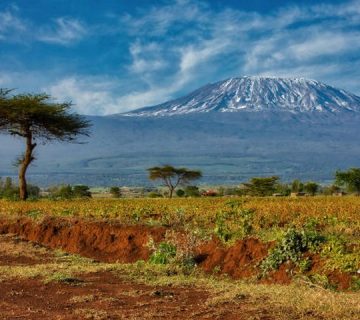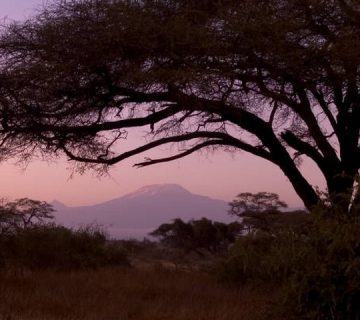Tips For A Safe And Healthy Kilimanjaro Trekking Experience
Climbing Mount Kilimanjaro, the roof of Africa, is a dream for many adventurers around the world. It’s a journey not just through various ecological zones but also an inward trek towards personal accomplishment. However, the path to Uhuru Peak isn’t just a walk in the park. Preparation, awareness, and respect for the mountain are crucial. At the Kilimanjaro Centre for Trekking and Ecotourism (KCTE), we specialize in making your summit dreams a reality while ensuring your adventure is as safe and healthy as possible. Here are expert tips to ensure a rewarding and enriching Kilimanjaro trekking experience.
Understanding the Significance of Preparation
Physical Fitness: The First Step to the Summit
A successful climb starts long before you set foot on the mountain. Begin with enhancing your physical fitness. Cardiovascular exercises, strength training, and regular hiking can help condition your body. Consider incorporating stair climbing or hill walking into your routine to mimic Kilimanjaro’s varied terrains.
Mental Preparedness: The Underrated Champion
Mental stamina is as crucial as physical strength. Familiarize yourself with the trek’s challenges and visualize your journey. Mental resilience will help you push through tough days when your body starts questioning your decisions.
Gear Up Correctly: Your Armor Against the Elements
Invest in high-quality trekking gear. Your checklist should include:
- Thermal clothing for the freezing temperatures
- A sturdy pair of hiking boots
- A comfortable and supportive backpack
- Essential accessories like headlamps, trekking poles, and thermal flasks
At KCTE, we provide detailed gear lists and can offer rental options for specialized equipment.
Navigating Health and Safety on the Mountain
Altitude Awareness: Knowledge is Power
Altitude sickness can affect anyone, regardless of fitness level. Understanding its symptoms (headache, dizziness, nausea) is vital. Our guides are trained to spot these symptoms early and provide immediate care, including oxygen support if necessary.
Hydration and Nutrition: Fueling the Ascent
Stay hydrated and eat balanced meals. Kilimanjaro’s trek demands a lot from your body, and replenishing water and nutrients is crucial. Our culinary teams ensure meals are energy-packed and cater to all dietary needs.
Listen to Your Body: The Art of Pacing
Kilimanjaro is not a race. ‘Pole pole’ (slowly, slowly) is the mantra on the mountain. Keeping a pace that allows your body to acclimatize is a cornerstone of a successful trek.
The Role of Expert Guides and Porters
At KCTE, our guides and porters are the backbone of your trekking experience. They are trained in emergency first aid and have intimate knowledge of the mountain’s weather patterns and terrain. Trusting their judgment and instructions can be the difference between a successful summit and a failed attempt.
Respecting the Mountain: Environmental Consciousness
Leave No Trace
We adhere strictly to the principles of ‘Leave No Trace’. Preserving the pristine nature of Kilimanjaro is a collective responsibility. We ensure that all waste is carried down the mountain and disposed of properly.
Supporting Local Communities
By trekking with KCTE, you also contribute to the local economy. We hire locally and support community projects, which helps in the sustainable development of the region.
Tailored Trekking: Choosing the Right Route for You
Kilimanjaro offers several routes, each with its own unique challenges and landscapes. From the popular Marangu and Machame routes to the scenic Lemosho and the challenging Umbwe, choosing the right path is crucial. Our experts at KCTE can help select the route that best suits your experience level and preferences.
FAQs
What is the best time of the year to climb Kilimanjaro?
The best times are during the dry seasons: January to mid-March and June to October.
How long does it take to climb Kilimanjaro?
Most routes take about 5 to 8 days, depending on the route and pace.
Do I need special insurance for trekking Kilimanjaro?
Yes, ensure you have travel insurance that covers high altitude trekking up to 6000 meters.
Can beginners climb Kilimanjaro?
Absolutely! With proper preparation, guidance, and a positive attitude, beginners can successfully summit.
How do I start planning my Kilimanjaro trek?
Start by contacting us at Kilimanjaro Centre for Trekking and Ecotourism (KCTE). We’ll help you plan every step of your journey.
Embark on Your Journey with Confidence
Climbing Kilimanjaro is an exhilarating and life-changing experience. With the right preparation, a respectful approach to the mountain’s challenges, and the guidance of experienced professionals from KCTE, you’re all set for a successful and memorable adventure. Remember, it’s not just about reaching the summit; it’s about enjoying every step of the journey.
Ready to conquer Kilimanjaro? Book your climb with Kilimanjaro Centre for Trekking and Ecotourism and take the first step towards an unforgettable adventure. Let’s make your summit dreams a reality, safely and joyfully!
Join us and be part of the community that cherishes and respects the grandeur of Mount Kilimanjaro. Embark on your trek with KCTE, where every step is a story, and every summit a celebration.




